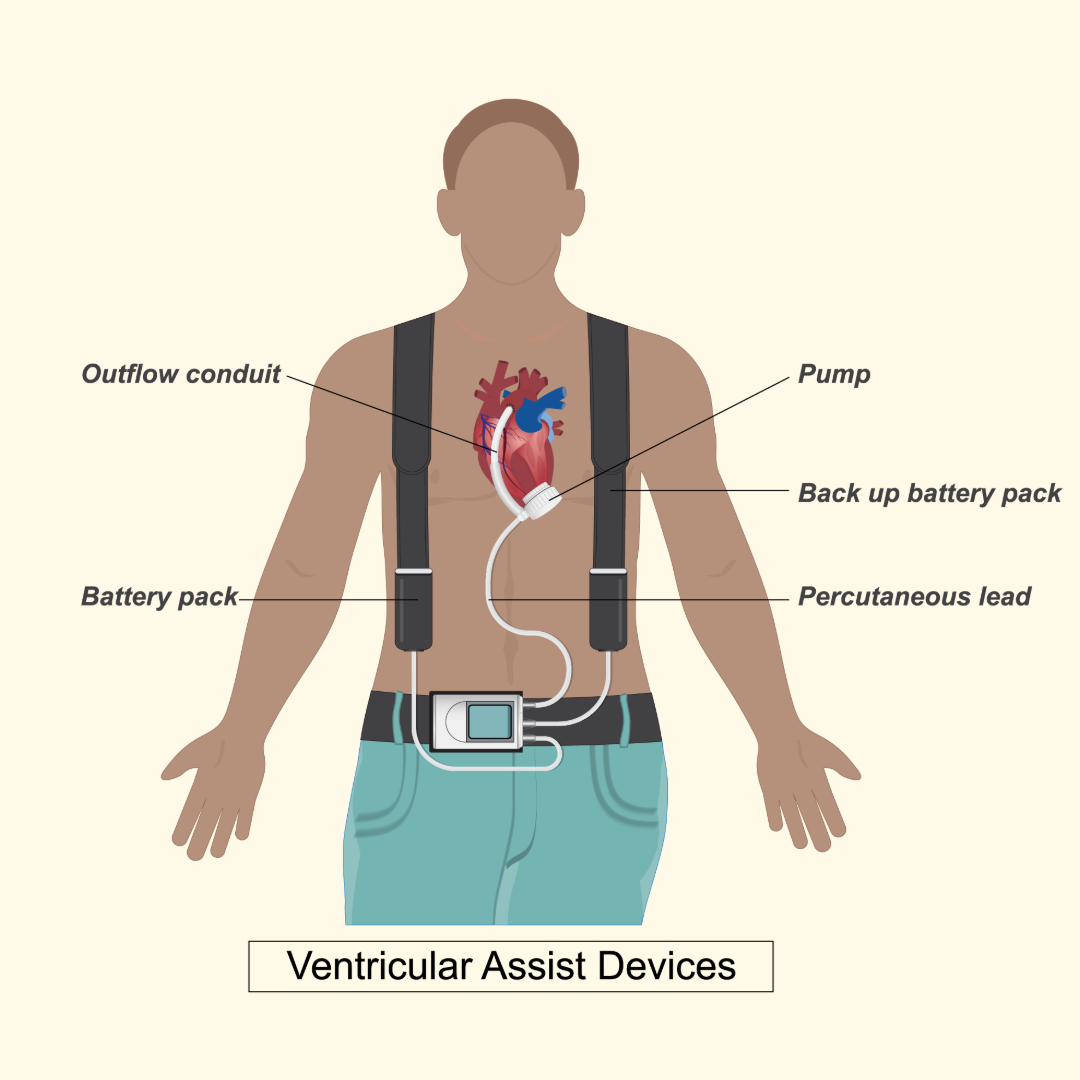How Combined Mechanical Support Technologies May Improve Cardiac Function: New Research from NMCG’s Kimberly Lamberti, PhD
Severe heart failure often requires complex mechanical support—from ventricular assist devices to advanced ventilatory strategies. Yet while both systems are commonly used together in the ICU, their interaction remains poorly understood. A newly published study led by NMCG’s Kimberly Lamberti, PhD and co-authored with E.R. Edelman and S.P. Keller, explores how ventilator settings—particularly positive end-expiratory pressure (PEEP)—shape cardiac performance during mechanical circulatory support.
This work, published in Intensive Care Medicine Experimental, provides evidence that challenges long-held assumptions and opens new opportunities for optimizing care in cardiogenic shock.
Full citation: Lamberti, K.K., Edelman, E.R. & Keller, S.P. Combined mechanical ventilatory and mechanical circulatory support aids pulmonary vascular state in cardiogenic shock. ICMx 13, 100 (2025). https://doi.org/10.1186/s40635-025-00811-2
Understanding the Heart-Lung Connection in Acute Failure
In healthy physiology, increasing PEEP is often associated with reduced venous return and decreased cardiac output. But patients in cardiogenic shock—particularly those supported by percutaneous ventricular assist devices—represent a completely different physiological environment.
This study asks an essential question: Can increasing PEEP actually help the failing heart when supported by a mechanical pump?
The results suggest that it can.
What the Study Found
Using a controlled pig model of acute heart failure supported by mechanical pump assistance, investigators increased PEEP and measured the resulting hemodynamic effects.
Key findings:
Higher PEEP improved cardiac function in cardiogenic shock with mechanical pump support.
Pulmonary vascular conditions improved, supporting more stable circulation.
These effects contrast with those seen in the healthy condition—highlighting that disease, as well as mechanical support devices, can disrupt the traditional physiologic response.
Why These Results Matter for Clinicians
This study highlights the importance of integrating ventilator strategies with broader circulatory support planning.
Clinical implications:
PEEP titration can improve pulmonary vascular state during pump-supported physiology.
Ventilator and pump adjustments may be leveraged to optimize cardiac performance in patients with acute heart failure.
Traditional assumptions based on healthy physiology may not apply to failing hearts and those with mechanical support
For teams managing mechanical support, this reinforces the need for thoughtful, evidence-driven device management strategies that respond to real-time hemodynamics.
A Step Toward Optimized Support Strategies
As device-based therapies evolve, understanding heart–lung interactions becomes critical to improving outcomes. This research supports future development of:
tailored PEEP titration protocols during mechanical circulatory support,
improved care pathways for cardiogenic shock, and
integrated approaches to stabilization and recovery.

